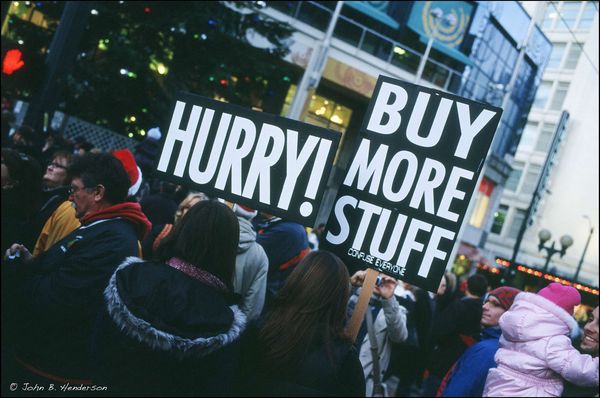Daylight Saving Time ended this Sunday, and we all changed our clocks back. We got that extra hour during our day, but why?
First of all, who even came up with the crazy idea to switch the hours of the day around, as if time wasn’t already meaningless and confusing enough?
Contrary to popular belief, Benjamin Franklin was not the first to suggest Daylight Saving Time, something that more people might know if someone were to write a popular historical musical about him. He did write a satirical article about it, but he was really just complaining about people sleeping in. Farmers didn’t advocate for DST either, in fact, most were against it.
Daylight Saving Time was first discussed in early 1900s Britain, by a man called William Willet, who was basically just sad that people didn’t get to experience the early morning sun. The idea gained popularity a few years later, especially in Germany, as an attempt to save fuel during World War I. Sadly, Willet died before the law he so passionately campaigned for was passed in Britain.
Daylight Saving Time was ended after World War I, due to its unpopularity. However, it made its comeback during World War II. But wait… don’t we start DST in March and end it in November? Why only eight months of this crazy time switching law? In the 60s President Lyndon B. Johnson signed a law that split the time evenly into six months of Standard Time and Daylight Saving Time. In 2005, this switched to eight months. The only state to opt out was Arizona, where everyone was like “No, thanks, it’s too hot already, we don’t want an extra hour in the day.”
In addition to its ever fluctuating start and end dates, the amount of time we set our clocks back for has also changed multiple times, ranging a difference of 20 minutes to two hours. The law is an on again off again policy which makes little logical sense. Accidents increase every year following the time change, and some studies even show health issues related to DST. The main reason for its initial inception – to save fuel – isn't proven effective; during DST energy use either decreases by half a percent or increases by as much as 4%. In short, Daylight Saving Time sounds crazy because it kind of is.





















